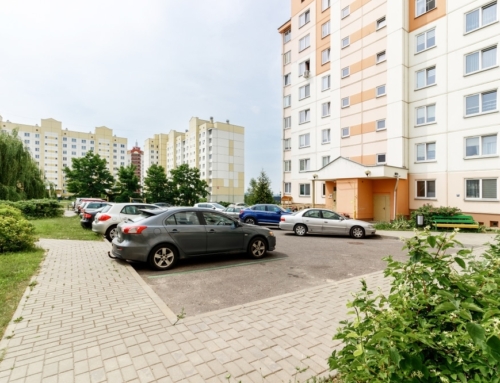Is there a good way to define a rental unit as long-term or temporary? As this correspondent finds, there can be several different definitions.
Q: This question may seem odd, it has been hard for me to research it and I hope you can help.
I am trying to determine a realistic and reasonable definition of a long-term rental property as opposed to short-term or temporary. In the rental market, a 6-month lease may be considered short term.
But this question really relates to the property itself. If the property has been a rental unit for 4 years, should it be considered an investment property based on historical use and length of time of the use? Is there a better length of time to distinguish between a temporary rental unit vs long term? Is there any generally accepted guidance, definition or standards we could look toward to make a distinction?
A: We’re not sure what you are getting at, but for residential purposes, we’re accustomed to seeing one year leases. Sometimes you might see a 2 or 3-year lease. We generally think that any lease that is under one year in length might well be considered a short-term lease.
One or 2-year leases might be considered usual and customary and anything over five years in length, might be considered a long-term lease. This is just our view and you shouldn’t use our general view for federal income tax purposes, as the IRS has its own specific rules for real estate for many different situations.
If you’ve rented your home for the last four years, the property is still going to be considered residential, but it is most likely going to be considered an investment property for IRS purposes. Again, the IRS has so many rules. If you purchased the property and immediately rented it out, it would clearly be an investment property. If you purchased the property 20 years ago, lived in it for 16 and then rented it out for four, you’ll see that the IRS will treat the home as both your home and your investment property.
If the purpose of your question is to determine whether a new rental for your home will qualify in a condominium or homeowner association as a rental, you need to look at the governing documents to make that determination.
Many association documents will state that no transient rentals will be allowed at the development. For today’s purposes, you wouldn’t be able to rent your property out for nightly, weekly or monthly rentals, especially through popular online sites such as Airbnb. In addition, many of the governing documents will require leases to be for a specific term of at least six months or one year, and usually the association must approve the tenant in advance.
As you can see, in addition to our guideline on what we think of as a short-term or long-term rental, you might have tax and accounting definitions, association governing document definitions and you might even have municipal and zoning law ordinances to consider.
Local municipalities may have their own definition of the meaning of transient or short-term rentals and those definitions would and may supersede the requirements of your local association and you’d have to abide by those ordinances prior to renting your property, then comply with the requirements of your association and then decide how it affects your finances and your IRS returns.
©2017 by Ilyce Glink and Samuel J. Tamkin. Distributed by Tribune Content Agency.






Leave A Comment